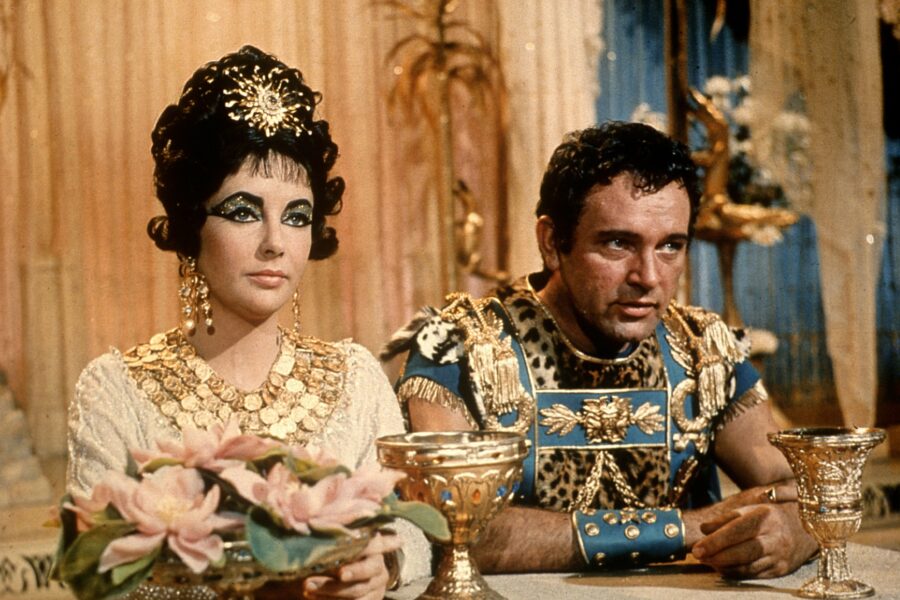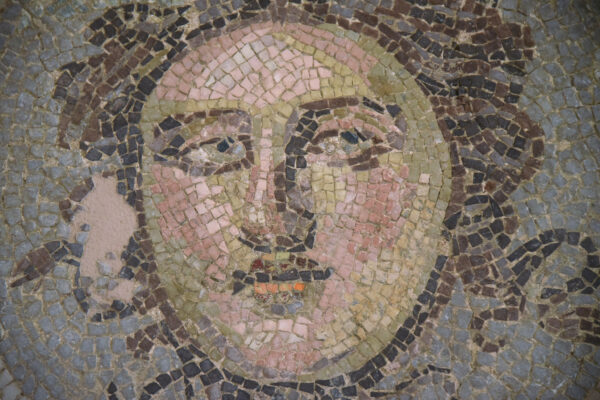
Unfortunately, the priests have consulted the relevant viscera, and declared tomorrow, April 25th, to be non fas (Latin for “a no-go”) for our scheduled lecture. Translation: unforeseen circumstances have raised their ugly heads, and sadly we will have to postpone the lecture to a later date. But check back for announcements on when we will be able to invite Dr. Soto Marin back!
The economy of Roman Egypt was more than Cleopatra and Antony burning through the luxury goods market (pearl-earrings-in-wine, anyone?). Although most famous for its grain supplies, the economy of Roman Egypt was diverse and robust, housing numerous industries that were central for the running of the empire, including papyrus (think ancient paper), rope, and textiles (again, not just for rolling Cleopatra up to make a sexy entrance). Its desert quarries provided necessary building supplies for the Roman Empire’s famous architecture, from sand to limestone to granite, and even porphyry, the purple stone of royalty. Looking outward, Egypt’s location allowed established trade with sub-Saharan Africa, the Arabian Peninsula, and India, acting as a redistributor of luxury items and much sought-after spices. Dr. Soto Marín’s lecture aims to bring Egypt at the front and center, not only of the Roman economy, but also the ancient global economy.
Want to learn more? Join the Archaeological Institute of America Central Indiana Society on Tuesday, April 25, 7:30 PM POSTPONED for a lecture by Dr. Irene Soto Marín (Harvard University), entitled “The Global Economies of Late Antique Egypt” The lecture is free and open to the public, and will be held in IUPUI University Library’s Lily Auditorium. Virtual options will also be available. We hope you can join us!
- What: The Global Economies of Late Antique Egypt by Dr. Irene Soto Marín (Harvard University)
- When:
Tuesday, April 25, 7:30 PMPOSTPONED - Where: University Library’s Lily Auditorium (UL 0130, bottom floor) or
click here for Zoom access


